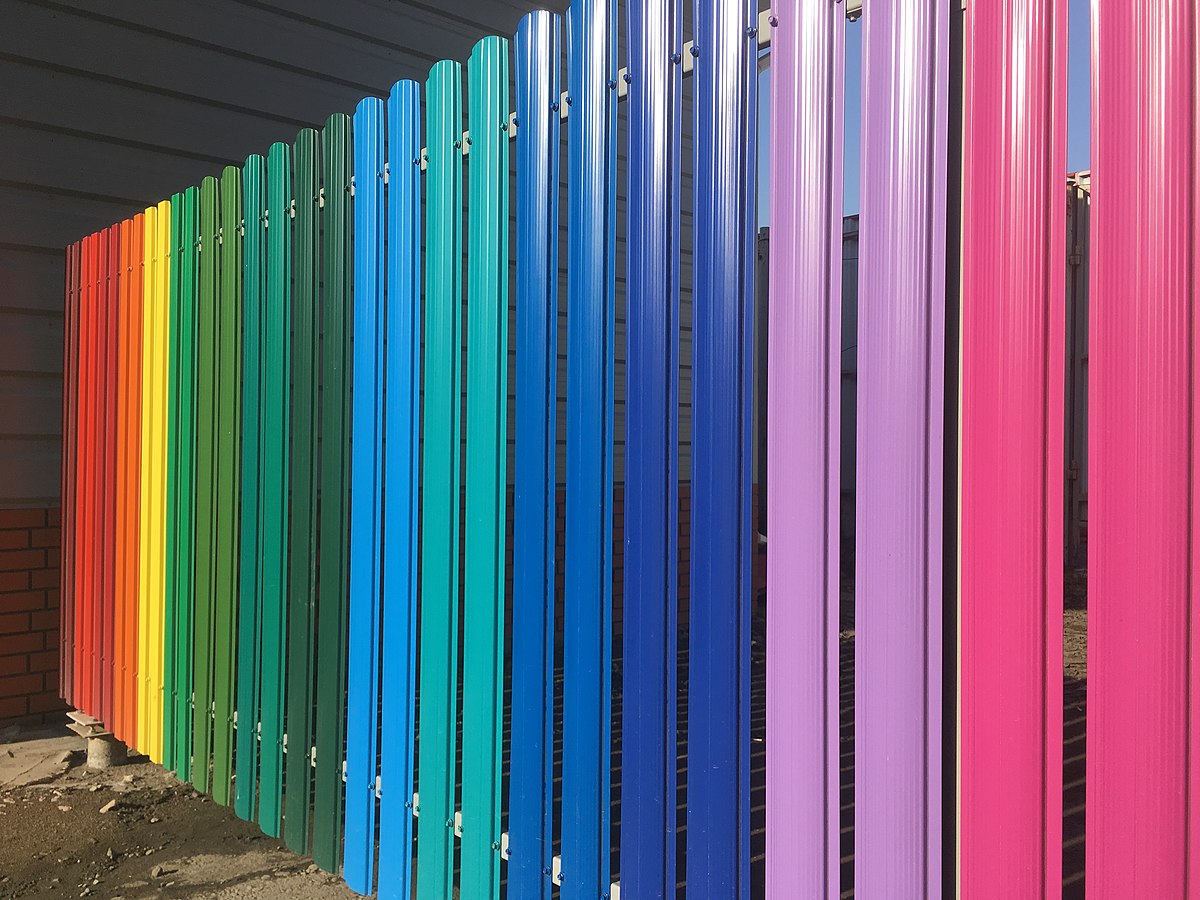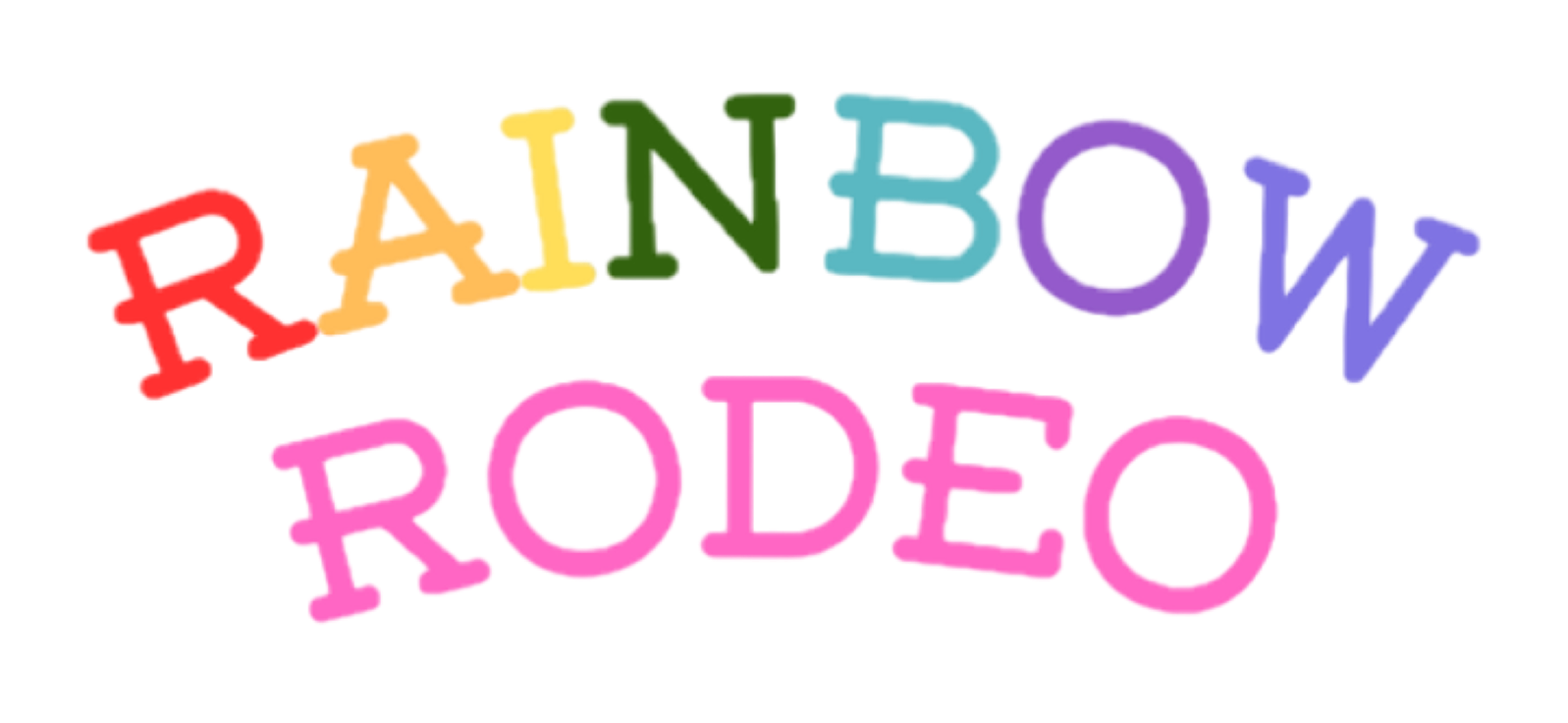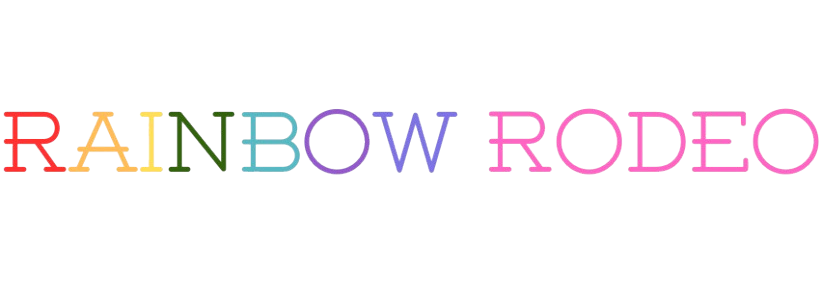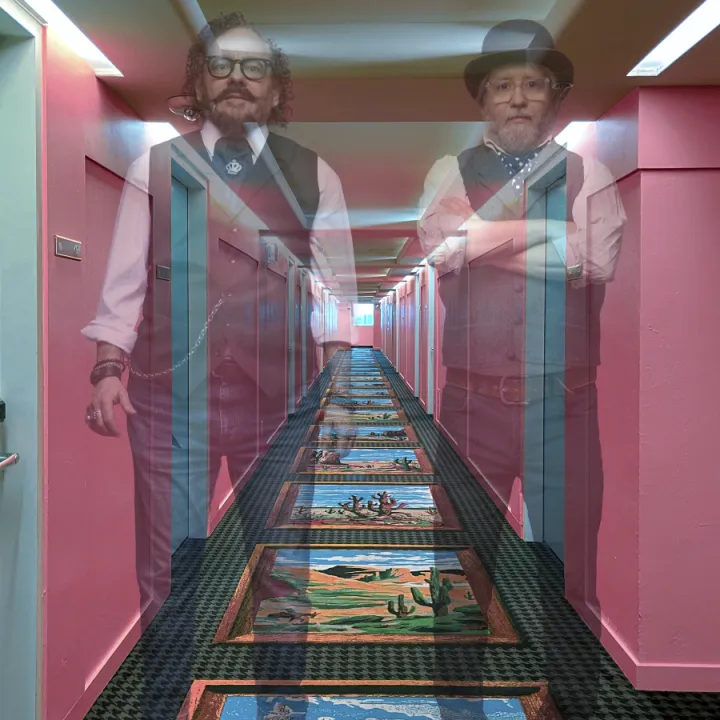What's So Great About Picket Fences?

This essay about queer country music by Felipe Oliveira originally appeared in issue 2 of the Rainbow Rodeo zine. Subscribe to our Patreon so you’ll never miss out on an issue and stay up to date on queer country!
Long before coming out publicly in 2010, Chely Wright recorded a song that seemed to defy conceptions of heteronormativity and/or monogamy. ”Picket Fences” was never released as a single, remaining a deep cut that didn’t get much attention, although a reviewer once mentioned the song by saying that they were “not inclined to be sympathetic to the character’s story.”
At the time, Picket Fences was one of the few songs Wright had released that was written solely by herself, revealing an interesting account of Wright’s unconformity with society’s norms. In the song, the common path where you “get a job, say ‘I do’, and settle yourself down” is dismissed in the name of those whose lives are still “spinning around.” The twist by the end of the chorus, though, reveals an ambiguity that is no strange to queer individuals. “What’s so great about picket fences? I guess I’ll never know” is more lament than contentment.
Now, more than 20 years later, are we still mournfully pining for that seat at the table, or have we gotten over it?
The battle between being taken in by what society says or refusing it altogether is a long fight inside the queer country movement. Being left out is the first symptom we experience once others perceive us as different, so the tendency to make up for it comes almost naturally. Like Brooke Eden says in her song ”American Dreamin’”, “ain’t we all just trying to belong?” But, as Chris Housman sings in ”Blueneck,” in order to belong, “y’all” needs to really mean all.
Of course, it can be argued that there is no such thing as “mainstream” queer country music. But, as society evolves, along with the media and the internet, inclusivity becomes more present and some acts gain more prominence. Obviously, no formula can guarantee success and acceptance in any genre, whether you are a member of the LGBTQIA+ community or not. Many factors come into play, and we can mention a myriad of them, such as race, age, class, gender, and so forth.
But the level of conformity also takes part in this. How much are we willing to compromise to become more palatable? Not only that, but how much are we disrupting anything, really, if the change goes as far as simply changing pronouns in the songs we sing? Is there a way to prevent artists from having their sets cut down because their message is considered too progressive, just like happened last August with Adeem the Artist?
There’s a fine line between giving in and giving away, and it takes a lot of courage to even consider going down any of these roads, for sure. But it’s also important to consider who is coming together with us and who is being left out. Who are we trying to please with our compromises and who are we hurting? Who is willing to play by the (outdated) rules and who is willing to create a whole new game? This is a collective issue, not a personal one (thus I do not think pointing fingers and singling people out is the appropriate approach.) But as queer artists make a shy introduction to the mainstream, we must remain critical of the messages and representations (or lack thereof) that are coming across. Is there a way to be subversive while still approachable? Can we achieve universality?
It’s common for us to do our tricks in an effort to identify with the storylines and themes in country songs. We change pronouns when we sing them, we ignore certain lyrics that are problematic. We are used to compromising. Is it true the other way around? Is country music willing to compromise anything to fully integrate us in their playlists, concerts, and such?

Then we get to one of the main representations of heteronormativity in country music: its love songs. (Heterosexual) love is a common theme in country songs, and it brings along a lot of other implicit beliefs. Intersectionality shows us that things don’t come separately, so heterosexuality comes along with whiteness and upper-class privilege, for example. When you only change gender and/or sexuality, but still reflect and represent all of the other same things, it means the needle has only moved so much.
The quest for love is somewhat universal, but the way it is represented is typically narrowed. The desire is usually not only for a normative coupling but for a normative partner also. Songs and videos talk and show the same features like the ones by straight artists. Blonde hair, blue eyes, and a straight-out-of-the-gym body. The willingness to tie the knot and fit the same old mold is constantly reinforced, even though marriage itself has also been long represented as a trap, especially for straight cis females. Why would it be any different for us queers?
Surely, freedom means the right to choose and there is nothing wrong with choosing that. But, at the same time, reinforcing the same tropes that consolidate conservatism can exclude and erase those who don’t fit the norm, and don’t intend to.
Diversity means to be open to different looks and approaches on how to live life and how to relate to one another, which is to say, how to love. Not to say that delving into such topics is an easy task, far from it. But there’s also the risk of being tamed, to become known as the “good gays”, because of how much we compromise to fit those ideals.
These battles are common and never-ending. They are not exclusive to country music artists. It happens in both our personal and professional lives. We’ve come a long way and we’ve still got a million miles to go. Perhaps not even the mainstream will be interesting anymore in the future. Perhaps indie and alternative acts will keep flourishing and finding homes in other genres and subgenres, such as Americana and queer country. But one thing will remain true: if you paint a picket fence with the colors of the rainbow, it will still be a fence.




